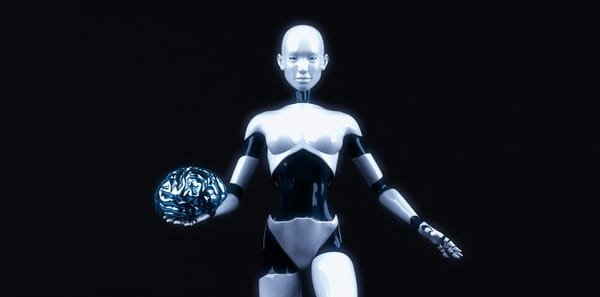HR Analytics and Artificial Intelligence A Perfect Synergy
An innovation in human resources management is the incorporation of Artificial Intelligence (AI) into HR Analytics. With this synergy, you can analyze enormous volumes of data, gain deeper insights, and automate intricate operations with previously unheard-of capabilities. Let's examine how AI is changing HR Analytics and what it means for the nature of work in the future.
Recognizing the AI-Powered Change in HR Analytics
· Improved Information Handling: Large datasets may be processed and analyzed by AI algorithms far more quickly and precisely than by traditional techniques, revealing previously unnoticed patterns and insights.
· Prediction Analytics: AI improves HR analytics' predictive power, enabling more precise forecasting of patterns like employee turnover, hiring success, and skill gaps.
Utilizing AI for HR Analytics
· Recruitment & Talent Acquisition: By evaluating applicant data, forecasting job fit, and enhancing hire quality, AI-driven analytics can streamline the hiring process.
· Performance Management: AI can assist in the analysis of employee performance data, the identification of success factors, and the provision of tailored development advice.
· Engagement and Retention of Employees: AI can forecast which elements lead to more engagement and lower turnover rates by examining engagement surveys and other forms of input.
Key Benefits of AI in HR Analytics
· Effectiveness and Precision: Artificial intelligence (AI) improves data analysis's accuracy and efficiency, resulting in better decision-making.
· Personalization and Customization: AI makes it possible to get individualized insights at the employee level, which makes HR interventions more specifically catered to.
· Making Strategic HR Decisions: AI's sophisticated analytical powers enable HR professionals to participate in corporate planning at a more strategic level.
Challenges and Considerations
· Data Privacy and Security: Data security and privacy are issues that are brought up by the usage of AI in HR analytics. Ensuring adherence to data protection regulations is crucial.
· Fairness and Bias: AI programs have the potential to reinforce biases in training data. Ensuring the fairness and impartiality of AI systems is crucial.
· Change Management: It could be necessary for the company to make considerable operational and cultural changes in order to integrate AI into HR procedures.
Top Techniques for Using AI in HR Analytics
· Establish Specific Goals First: Establish definite objectives for the use of AI in HR analytics.
· Guarantee Data Accuracy: Analytics powered by AI are only as good as the data that feeds into them. Give data completeness and correctness first priority.
· Constant Observation and Assessment: Make sure artificial intelligence (AI) systems are producing the intended results by routinely monitoring and assessing their performance.
· Use of AI Ethics: Adhere to moral AI standards, making sure that all AI-driven analytics are transparent, equitable, and accountable.
AI's Role in HR Analytics Future
· Workforce Planning: AI will make it possible to implement more complex workforce planning techniques and forecast future employment requirements more accurately.
· Improved Workplace Experience: From career development to onboarding, AI may help create a more personalized and engaging work experience.
· Ongoing Education and Adjustment: AI systems will develop further over time, gaining new insights from data and honing their analytical skills.
Embracing the AI Revolution in HR
The combination of AI and HR analytics is revolutionizing, not simply improving, our ability to manage and comprehend our workforce. As we welcome this new era, our attention should be directed at safely and successfully utilizing AI's capacity to ensure that it enhances human decision-making, advances organizational objectives, and improves employee well-being. HR has entered a new era that is intelligent, perceptive, and revolutionary.




